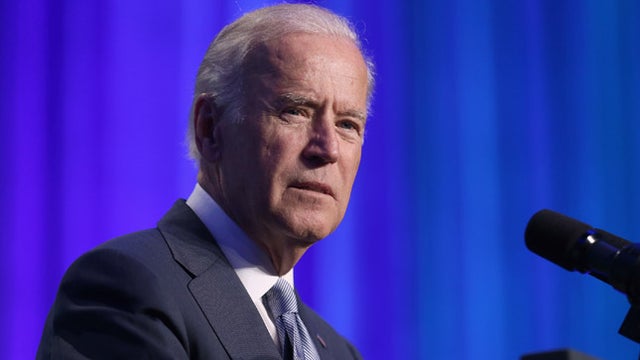Republican governors of 25 states opted to end the distribution of Federal unemployment benefits earlier than expected.
The decision will critically slash the government relief received by unemployed Americans by June 12, earlier than its expiration date, September 6.
Throughout the pandemic, millions of individuals lost their job and mainly relied on federal aid. The US states participated in three significant programs, namely the Federal Pandemic Unemployment Compensation (FPUC) program, the Pandemic Emergency Unemployment (PEUC), and the Pandemic Unemployment.
Nonetheless, as the economy started to reopen gradually and businesses operated the same way as during the pre-pandemic areas, unemployment was expected to lower.
According to reports, however, the number of jobless Americans increased slightly from 3.8% in February to 4.4%.
FPUC provided an additional $300 for those who have lost their jobs during the pandemic. The supplementary aid allowed several households to pay their bills and replenish their lost income.
However, with the current turn of events, the benefits reduction will affect roughly 4 million Americans.
Federal relief and labor shortage
The number of GOP governors expressing their plans to halt their participation in the said federal benefits program continues to increase. As of June 2021, 25 states opted to reduce or terminate the aid entirely.
Republican politicians reasoned that the accessibility of the federal relief resulted in a labor shortage. Furthermore, they added that people would rather receive aid than look for a job.
The gradual reopening of businesses and enterprises should have at least decreased the unemployment rate. However, the opposite occurred.
Republicans claimed that several businesses in their jurisdiction could not find individuals who like to take on available jobs.
As of June, the following GOP states announced that they would stop distributing the $300 relief to unemployed workers: Alabama, Arkansas, Arizona, Arkansas, Georgia, Idaho, Indiana, Iowa, Maryland, Missouri, Montana, Mississippi, North Dakota, Ohio, Oklahoma, South Carolina, South Dakota, Nebraska, Tennessee, West Virginia, Texas, Utah, and Wyoming.
The Labor Department limits its powers
Politicians and advocates alike argued that the Labor Department can still intervene in reducing federal unemployment aids under the CARES Act.
Democrat politicians like Senator Bernie Sanders reached out to Labor Secretary Marty Walsh and sought further actions allowing continued distribution of the relief packages.
However, it is apparent that Biden’s Labor Department will not release payout for the benefits anymore.
Likewise, the programs are also founded on the agreement and partnership between the federal and state governments. Hence, if the states decide to terminate the agreement, there is pretty much nothing that the federal government can do.
While the additional federal benefits became an essential “lifeline” for many Americans, its complete suspension is inevitable.
Nonetheless, critics and economists project a critical transition for unemployed workers from being beneficiaries to earning individuals. Such transition can affect the trend of recovery in both positive and negative ways.














